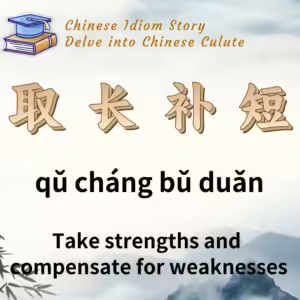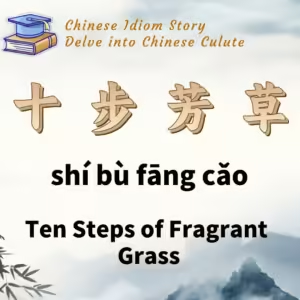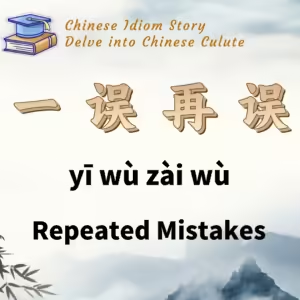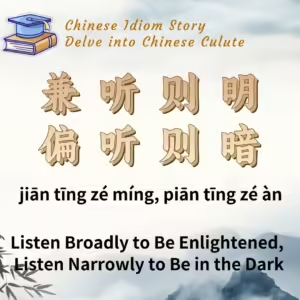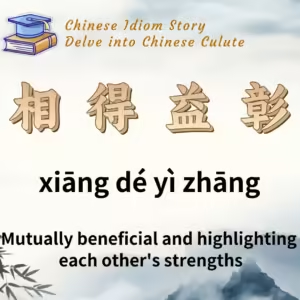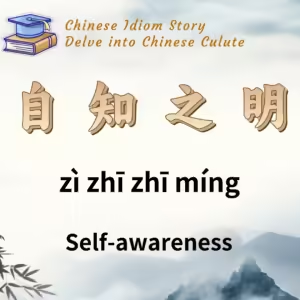
Chinese Idiom: 自知之明 (Zi Zhi Zhi Ming)
English Translation: Self-awareness
pīn yīn: zì zhī zhī míng
Idiom Meaning: This idiom refers to the ability to accurately understand and evaluate oneself, including one’s strengths and weaknesses.
Historical Source: “Xin Tang Shu” (《新唐书》) and “Zhenguan Zhengyao” (《贞观政要》)
Idiom Story:
During the reign of Emperor Taizong of Tang (Li Shimin), he often engaged in lively discussions about state affairs with his ministers. One day, the topic of archery arose, and the emperor boasted about his archery skills, saying he had obtained ten fine bows and believed them to be the best.
However, when a bowmaker examined them, he declared, “None of them are made of good materials.” Curious, the emperor asked for an explanation, to which the craftsman replied, “The wood is not straight, and the grain is slanted. As a result, the arrows will not fly straight.”
Realizing his limitations, Li Shimin humbly acknowledged his lack of expertise in discerning quality bows. He reflected, “I have conquered the land using my bows and arrows, yet I still do not fully understand them. How can I expect to comprehend the complexities of worldly matters?”
From this experience, Taizong remarked, “The greatest misfortune is to lack self-awareness.” This sentiment echoes the wisdom found in the Dao De Jing, which states, “Knowing others is intelligence; knowing oneself is true wisdom. Overcoming others requires strength; overcoming oneself is true power.”
This idiom emphasizes the importance of self-knowledge and the recognition of one’s limitations as a pathway to personal growth and strength.

